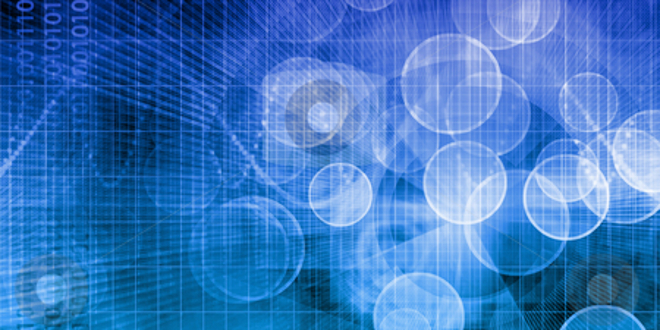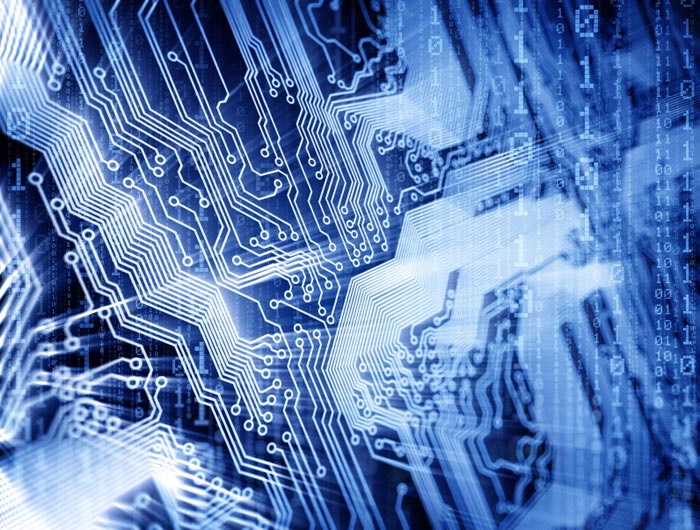
According to a new study, researchers at the Joint Quantum Institute (JQI) at the University of Maryland have created the first programmable and reprogrammable quantum computer.

We are at the beginning of a revolution. Quantum computer calculates ground state of hydrogen with just two qubits.

Quantum computing has hit another milestone, US researchers say, with the development of a computer that can solve three algorithms and be reprogrammed.

Right in the heels of bagging the title for the fastest supercomputer in the world, Chinese scientists are already building a new machine that will vastly surpass their current record holder.
Sunway Taihulight has been named the world's fastest supercomputer, with a processing speed exceeding 100 petaflops per second. Its calculation capacity in one minute equals 32 years of calculations by a billion people using calculators.

Physicists have performed the first full simulation of a high-energy physics experiment — the creation of pairs of particles and their antiparticles — on a quantum computer.

A microchip containing 1,000 independent programmable processors has been designed. The energy-efficient "KiloCore" chip has a maximum computation rate of 1.78 trillion instructions per second and contains 621 million transistors.

The new network will give us a superfast and secure internet, making our current model look like a 1971 Pinto.

'It opens up a completely new tool chest for scientists and developers,' said D-Wave CEO Vern Brownell

Scientists have developed a new material, called 'rewritable magnetic charge ice,' that permits an unprecedented degree of control over local magnetic fields and could pave the way for new computing technologies.

A few years ago, researchers from Germany and Japan were able to simulate one percent of human brain activity for a single second. It took the processing power of one of the world’s most powerful supercomputers to make that happen.

The substance that provides energy to all the cells in our bodies, Adenosine triphosphate (ATP), may also be able to power the next generation of supercomputers. The discovery opens doors to the creation of biological supercomputers that are about the size of a book.

It's impressive to see how thin some laptops have become these days, but that's nothing compared to the ultra-thin machines of the future – which may be closer to reality thanks to a new chip production breakthrough from MIT.

Engineers have successfully married electrons and photons within a single-chip microprocessor, a landmark development that opens the door to ultrafast, low-power data crunching.

Processors using quantum mechanics are reportedly achieving much greater problem-solving speed.